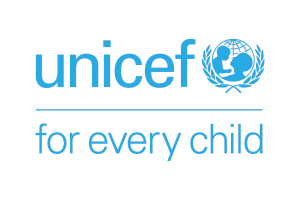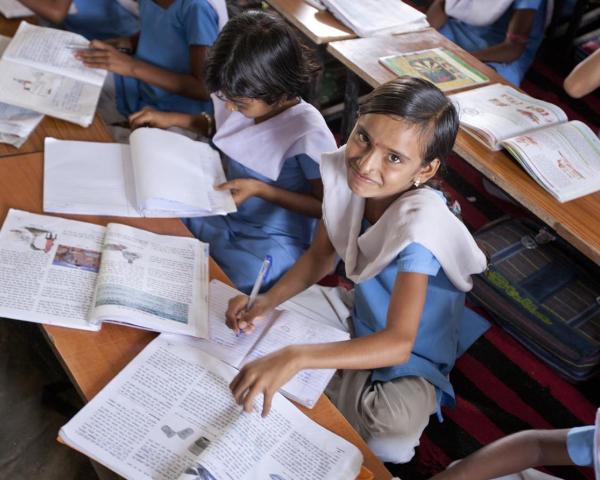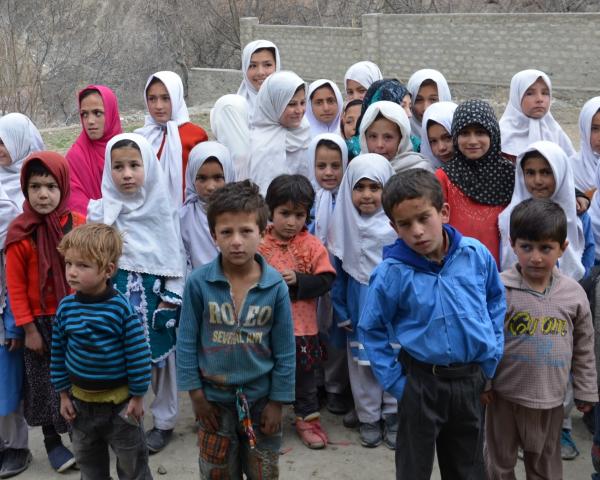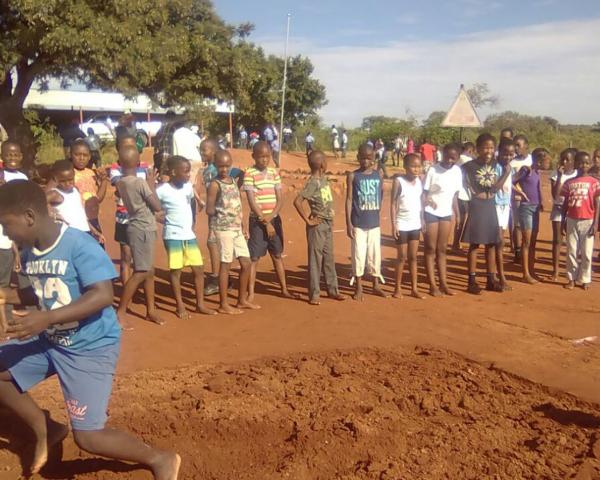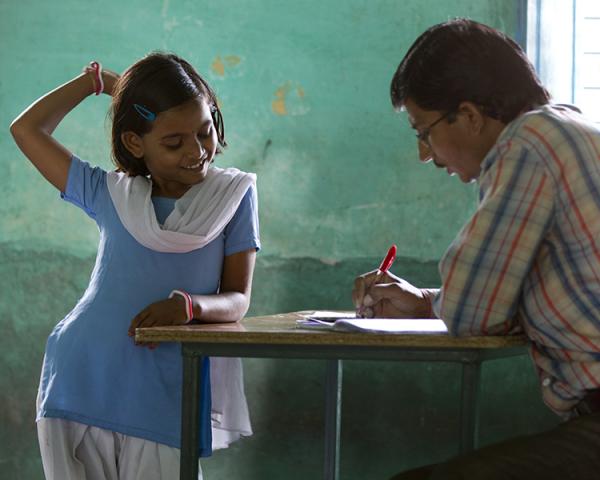More OOSC in School: Expanding the Reach of the Girls Education Project Phase 3 (GEP3)
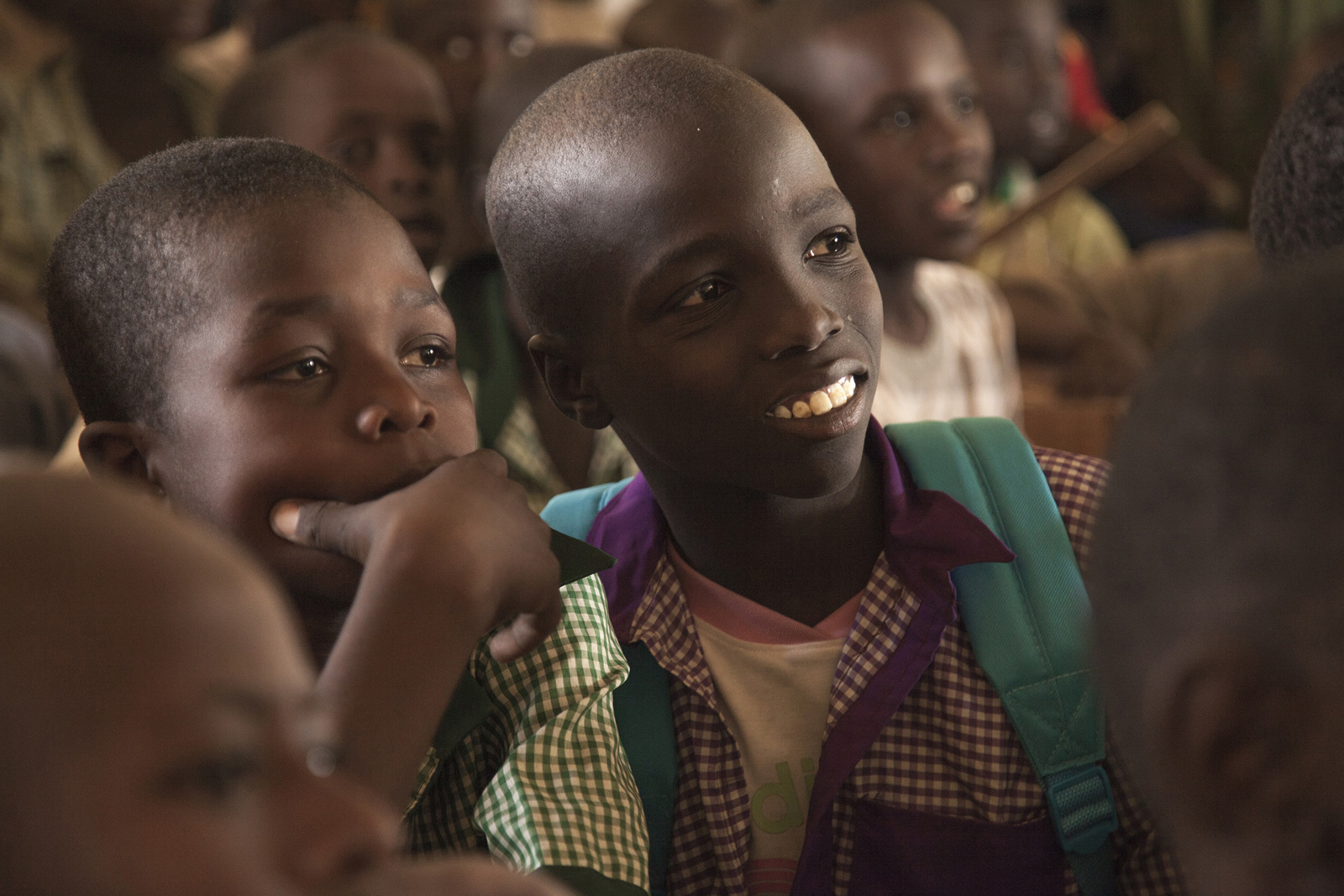
This project expands on current OOSC work with EAC in Nigeria. The More OOSC in School: Expanding the Reach of the Girls Education Project Phase 3 (GEP3) project will be implemented in four northern Nigerian states. The expansion will benefit from lessons learned in implementation to date. By 2020, the project aims to enroll 501,574 OOSC in primary school, improve retention rates, and strengthen the quality of teaching and education at the primary level overall in the target states.
Interventions include mapping and creation of an OOSC database; identification of 800 target schools; community mobilization primarily through capacity development of school-based management committees (SBMC) to conduct enrolment drives; a public mobilization campaign via radio and TV; provision of cash transfers ($100 per child per year) to 25,200 beneficiaries, the cost of which will be transferred to state governments over the course of implementation; training for 5,216 teachers; school grants to improve WASH facilities and rehabilitate classrooms; provision of teaching and learning materials; and robust monitoring, evaluation and communications components.
Sustainability will be strengthened as a result of alignment with state educational priorities; community engagement; government partnerships at the implementation and funding levels (the four state governments have committed to contributing funding); coordination with other donors and collaboration with the national Nigerian government to enhance state and federal commitments to project sustainability.









